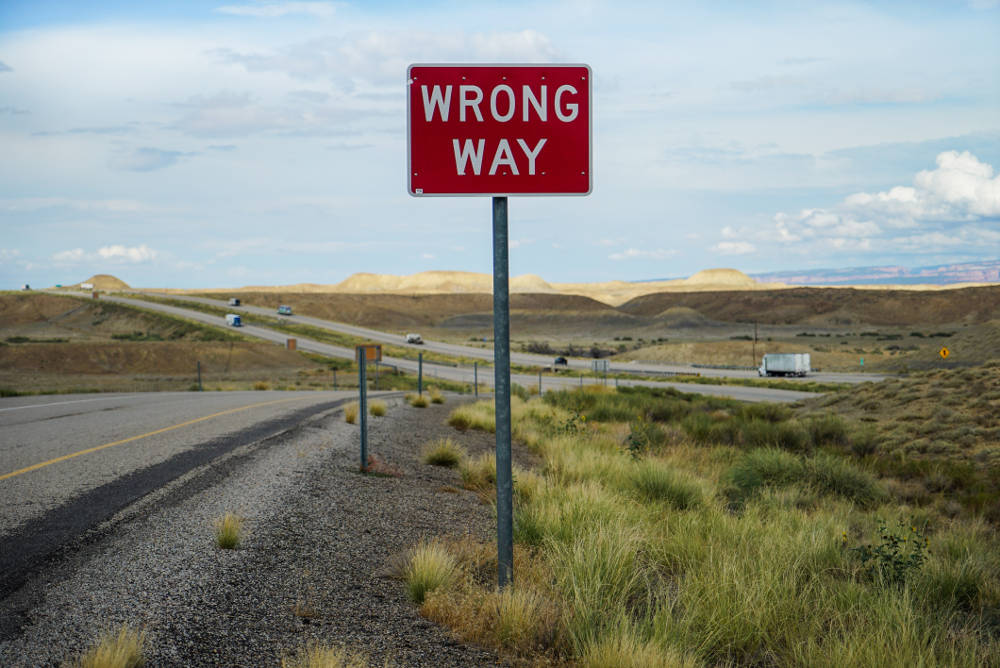Daily Newsletter

February 17, 2021: Philip Delves Broughton on Francis Crick and how to decide what to do with your life; Delhi school reform’s upstream problem; McKinsey and the moral responsibility of enterprise; Number Theory
Tag : business-ethics
Daily Newsletter

February 17, 2021: Philip Delves Broughton on Francis Crick and how to decide what to do with your life; Delhi school reform’s upstream problem; McKinsey and the moral responsibility of enterprise; Number Theory
MasterClass on TransformingSystems with Arun Maira

Ethics can be learnt, though it may be considered difficult to teach. What matters is the kind of experiences young managers are exposed to. B-schools and firms play a crucial role in shaping their thinking through such exposures

Merely copying an idea will not solve a problem. Like product innovators, policy innovators too have to keep the users and their environment in mind
MasterClass on TransformingSystems with Arun Maira

Two factors are causing a rethink on value systems: environmental degradation and shifts in political power that reflect the voice of the disenfranchised. This new thinking will have to come from new coalitions of social thinkers, practitioners, academics, politicians and corporates

It makes more economic sense for business to be good in the longer run

Finding fulfilment at work, alternatives to GDP, McKinsey’s conflict of interest, choosing the right team mix for Mars, and disruptive technologies

The case is symptomatic of a wider issue: in the race to generate wealth for their partners, are management consulting firms in danger of losing sight of their original purpose—to be trusted advisors to CEOs?

Facebook is undergoing a moral crisis. Is it because of its business model, its culture, or something deeper?

We can create better policies when different voices are given room. And solve complex challenges when people and institutions work together to make use of their unique capabilities

Businesses, and inventors in technologies, must be held accountable for the impacts their products have on the lives of their customers and on societies. We must ask, why is this to be done? Who will benefit? Who may be harmed by it?
Editors Picks
Latest